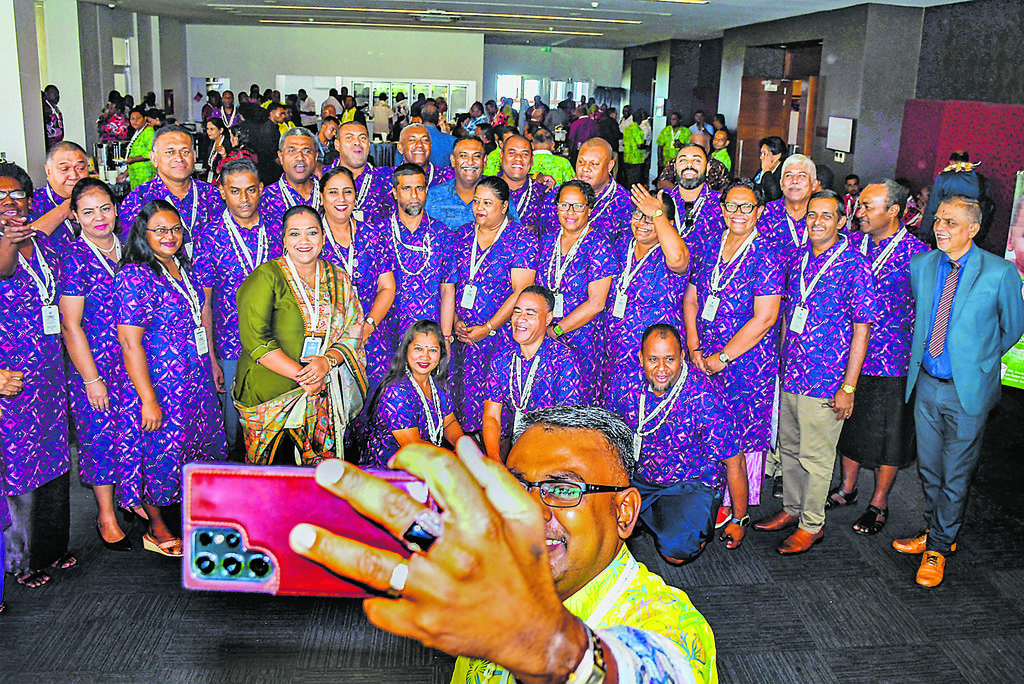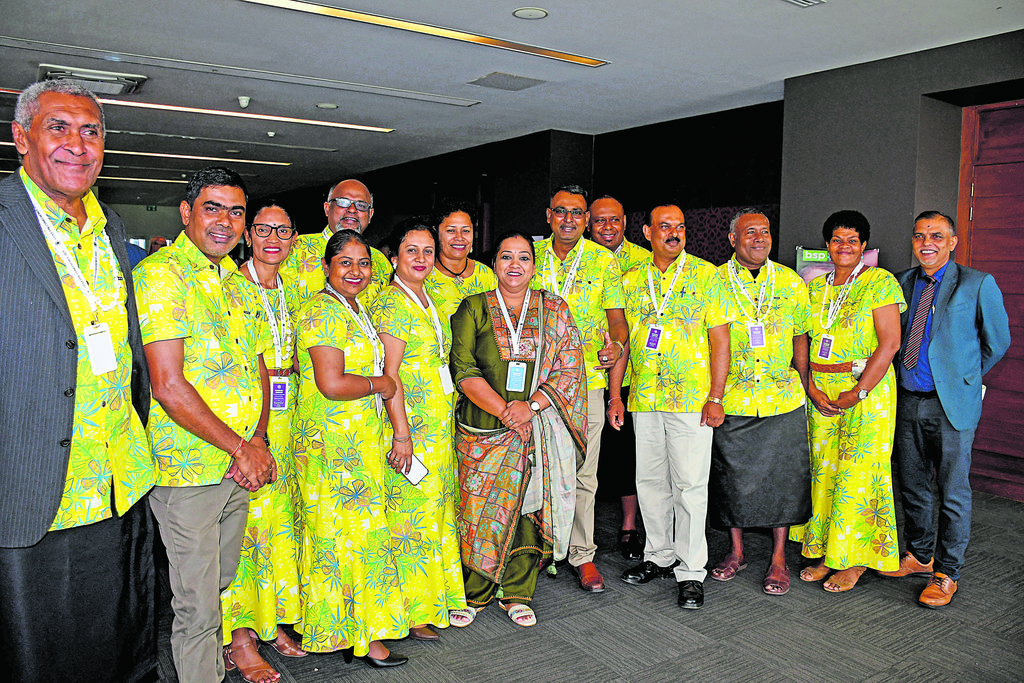Every parent dreams of seeing their children get well-educated, capable of contributing to the family and country, and able to secure a well-established job.
Additionally, parents feel obligated to invest in their children’s education. Students are sent to educational institutions, including elementary, primary, secondary, technical, polytechnic and tertiary universities. Overall, it takes more than two decades for students to achieve their desired education standards to fulfil requirements in the teaching profession.
Teachers must complete undergraduate qualifications and obtain a teaching qualification and certificate before entering a classroom. Primary school and other special school teachers begin when reaching around 24 years and are required to retire at sixty, although there may be a few exceptions.
Typically, for secondary teachers, it requires four years of tertiary study before graduation. Afterwards, there is a job market to enter, starting as a junior teacher. It often takes many years, say five or more, for most teachers to be promoted to higher levels.
This may also be taken into consideration to ensure that a teacher tries to do online courses to upgrade further qualifications. If opportunity arises, attend workshops and conventions on education. In addition, contribute positively in areas of religion, culture, and even serving social organisations such as rotary clubs, boy scouts, girl guides and others.
On the other hand, teachers must be dynamic to gauge the strength of students, parents and the community. It is good to know that the literacy rate in Fiji is more than 90 per cent. Which means that parents are educated. There is also consideration that any person who has attained a class six level of education is educated. Moreover, the education ministry is concerned with poor literacy and numerical skills in schools and being critical thinkers (FT, 15/1/24).
Teaching life
This article is based on the life of school teachers in Fiji. They are faced with many hurdles in the school system as they prepare to be teachers. The workplaces are located both near and far away in different settings such as in villages, remote settlements, maritime areas, isolated locations and away from towns and cities. However, schools in urban areas have better infrastructure.
Since rural and isolated areas may not have many essential services, such as treated water supply, proper water closets, and garbage services, they also lack infrastructure like good roads and drainage systems.
The quality of classrooms, playgrounds and courts, library resources, IT, and internet services are often poor compared to urban-based schools. As stated, rural schools may have further drawbacks, such as poorly constructed and smaller school classrooms, with overcrowded children. Many classrooms may have poor ventilation and other defects.
It is known that there are some schools which are not adequately improved due to many reasons. However, the management of schools has been working with the school teachers and the ministry to rectify many concerns. Although the government has been providing much-needed support, disasters have posed barriers to the development of school infrastructure. The government has allocated a sum of $778 million in the last year’s budget (FT 29/9/24). This also includes universities in Fiji.
Aims of teachers (general)
To assist students in acquiring knowledge, the primary objective of teaching is to impart both knowledge and wisdom. However, this extends beyond knowledge.
• To shape character and behaviour: Teachers assist students in acquiring knowledge, which extends beyond the syllabus.
• Foster independence: Teachers assist students in becoming strong and independent.
• Teachers play an essential role in education, especially in the lives of the students they teach in the classroom.
• What defines a teacher is their ability to educate students and positively influence them.
The roles of teachers
In today’s world, teaching encompasses various aspects, and a teacher must also serve as an external parent, counsellor, mentor, role model, and more.
Teachers are crucial as they change lives, inspire dreams, and push the boundaries of human potential. A teacher’s job is to nurture, educate, and develop children to be beneficial to society.
Teachers’ roles in classroom culture and the world at large have shifted from what they once were. Over time, teachers were provided with a specific curriculum to follow along with instructions on how to teach it.
Today, the role of the teacher has expanded beyond mere instruction. Their responsibilities now include counselling students, mentoring, and teaching them how to use and apply knowledge in their lives. Teachers are actively seeking ways to impact students on a deeper level and inspire them.
This highlights the essential role of teachers in education. In addition, they are to work with the management of schools in improving areas of academia and the physical environment, which may be underdeveloped.
Sharing knowledge
The primary duty of a teacher is to impart knowledge, and that comes from teaching. Teaching usually entails following a specific curriculum and ensuring that the students understand what is being taught.
It is from this role that all other roles of a teacher originate, because if a teacher fails in carrying out his or her fundamental responsibility to impart knowledge, it may become challenging to have any other form of influence on the child.
Although teachers do not see themselves as role models, the truth is they are loved and respected at all times. Even after retirement.
The amount of time a student spends with teachers each day or week makes it possible for them to have a certain level of influence on the students. It is now down to the teacher to make this influence positive and not negative.
Being a teacher goes beyond just teaching according to the curriculum; it is about grooming the child. Teachers don’t only impart knowledge, but they also help with character building.
Extracurricular activities
Teachers also spend considerable time taking out time to teach sports and involving students’ games in the various competitions organised.
Other competitions may include a quiz, swimming, public speaking, music and arts (PEMAC).
An external parent
The role of a teacher transcends following a specific lesson plan and work schedule. Because both students and teachers spend so much time together, the teacher inadvertently becomes an external parent. Teachers can be mentors to help set the child on the right path. In this role, the teacher can encourage the students to be the best they can be and also be a source of inspiration and advice to the students.
Challenges faced
The Ministry of Education has a policy to ensure that newly appointed teachers are appointed to rural or maritime regions of the community before they may be allowed to serve in urban-based schools. However, there may be some exceptions due to extreme situations in which the employer may give relief to teachers.
They are given a basic salary of about $23k to $25k, including a rural allowance, which may not be attractive. A prospective teacher will be allocated a class to teach. It is the beginning of a new lease of life in teaching, a dream which has come true after so many sacrifices.
The real-life situation commences when one has to live alone, meet staff and children and be familiar with a new hopeful life and profession. A class teacher may need to teach more than four subjects in a day. Marking school term exams and other test papers means working in the evenings or at night.
For secondary school teachers, there are some special teachers such as sports, arts, music, computer and science teachers. Some of these teachers may be assigned to take classes on other subjects to share the teaching load.
Science teachers are required to do many laboratory activities with the use of chemicals, including acid, base and salt with other metallic substances as part of the teaching curricula. While the lab practicals are dangerous, teachers are to be very cautious when school students are also required to handle them.
Schools worldwide face difficulties in finding a sufficient number of quality, qualified teachers and this is also felt in Fiji and other smaller island countries due to out-migration and deaths, ill health or retirement.
The difficulty of knowledge transfer to new generations are a global threat. Even when schools manage to find them, too many young teachers leave due to the environment not meeting their expectations (Holmqvist, 2009). The human resource management system could assist schools in attracting and retaining a sufficient number of competent and motivated teachers (Loeb et al., 2012).
However, HRM remains relatively underdeveloped in the education sector. Teachers are the ones who must continuously professionalise themselves by incorporating new knowledge and skills (Thoman, 2018). UNESCO Institute of Statistics states, “in the next 14 years, countries must recruit 68.8 million teachers to provide every child with primary and secondary education: 24.4 million primary school teachers and 44.4 million secondary school teachers” (Fact Sheet No.31).
Individual development
Individual personal development involves acquiring new knowledge and skills for improvement and performance relevant to one’s job (Gilley et al., 2002). This type of development is classified as more short-term in its effect and more focused on the work behaviours of a single worker as opposed to the collective or organisation overall.
Individual development can occur in a formal setting as well as during on-the-job learning and training activities (Gilley et al., 2002). The professionals keep track of employee records, legal documents, contracts, performance reviews and other important organisational paperwork.
They are typically skilled in organisation and attention to detail, as they may have to coordinate and update files for a large number of employees. Those in this position usually work on a digital database and ensure the confidentiality of information. There is a need for HR managers to work with teachers, highlighting improved performance that may be a setback to some.
Conclusion
Any teacher may be able to reach the apex of his or her professional career path, however, there are many challenges and hurdles to be overcome.
In addition, all teachers shall be required to attend awareness programs on many laws, human rights, the constitution, and managing students during natural disasters. The teacher’s area further requires working with other government agencies, such as those providing essential services.
Holistically, while the intelligent students are rewarded with prizes, medals, awards, with much-anticipated commendations with celebrations, the other level of similar accreditations shall be considered by other levels of the education sector, such as from national to divisional and district. More details may be explored.
There shall be an assessment based on literacy activities organised with the head of schools or principals with the education ministry to write research articles on many areas of education as part of their recognition and incentive, with rewards provided. On the other hand, guidelines shall be set for all teachers to be productive. The management of schools should be rewarded for ensuring the physical environment is well-maintained with standard requirements.
After spending so many hours and time with other students and teaching them for ages, think of your family and children. Maybe few professions require so much dedication, energy, perseverance and intelligence with intellect. You may be happy to retire, but who cares then afterwards? But it was a great work (a noble profession) indeed to serve a nation with children as our asset to look after many areas of professions. Blessings will befall your sacrifices. The nation appreciates your contributions!
Adam Grant once said: “Good teachers introduce new concepts. Great teachers introduce new ways of thinking. Good teachers are invested in their subjects. Great teachers are invested in their students.” Adam Grant (n.d).
A participant takes a selfie with fellow Suva Division members in their purple kalavata during the principals conference at the Grand Pacific Hotel in Suva. Picture: JONA KONATACI



